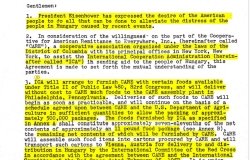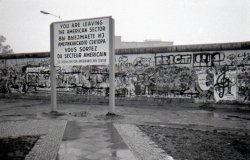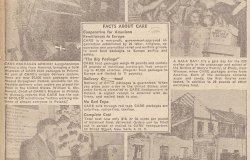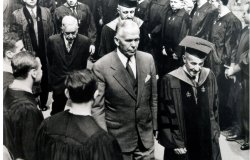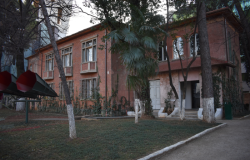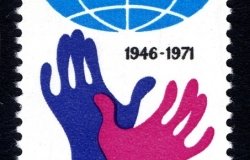The Role of the Federal Republic of Germany in the Industrialization of the Republic of Korea during the Park Chung Hee Era
Meung-Hoan Noh (Hankuk University of Foreign Studies) will present on the relationship between West Germany and South Korea's industrialization during the Park Chung Hee era.
Overview
Though Germany and Korea were both divided following World War II, the linkages between, as well as the shared historical experiences of, West Germany and South Korea during the Cold War have seldom been explored.
Relying on documents from German archives as well as oral history testimonies, Meung-Hoan Noh, short-term Wilson Center scholar and Professor in the Department of History, Hankuk University of Foreign Studies, will present on the relationship between West Germany and South Korea's industrialization during the Park Chung Hee era.
During the early Cold War, West Germany achieved radical economic prosperity (the so called “economic miracle of Rhine”) and this historical process was particularly impressive in the eyes of the South Koreans. Park Chung Hee, who ruled South Korea from 1961 until his death in 1979, watched West Germany closely, eager to obtain developmental assistance from a foreign ally and discover an economic model which fit the Republic of Korea.
Park eventually visited West Germany in order to enhance the political and economic relations between the two countries and to discuss the common task of anti-communism through the economic success with Ludwig Erhard, the then Federal Chancellor. Through the visit, the Republic of Korea obtained financial and industrial assistance from West Germany, assistance which contributed to South Korea’s ongoing industrialization.
In his presentation, Professor Noh will explore the ebb and flow of relations between West Germany and South Korea beginning with Park Chung Hee's visit in 1964 and concluding with the so called "Berlin Affair" in 1967.
Joining Noh on the panel are Bernd Schaefer, Senior Scholar, Cold War International History Project, and Junya Nishino, Japan Scholar, Woodrow Wilson International Center for Scholars and Associate Professor, Department of Political Science, Faculty of Law and Politics, Keio University, Japan.
James F. Person, Senior Program Associate for the History and Public Policy Program and coordinator for the North Korea International Documentation Project, will chair the event.
Speakers
Meung-Hoan Noh
Professor, Department of History and Department of Archival Studies, Hankuk University of Foreign Studies
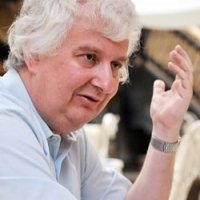
Bernd Schaefer
Professional Lecturer, The George Washington University
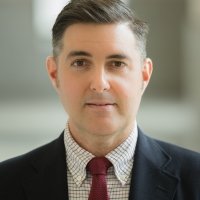
James Person
Professor of Korean Studies and Asia Programs, JHU SAIS; Senior Fellow, Foreign Policy Institute, SAIS
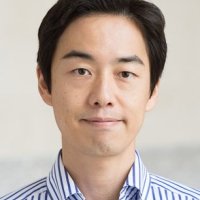
Junya Nishino
Professor, Faculty of Law at Keio University; Director of the Center for Contemporary Korean Studies, Keio University; and Director, Institute of East Asian Studies, Keio University
Hosted By

North Korea International Documentation Project
The North Korea International Documentation Project serves as an informational clearinghouse on North Korea for the scholarly and policymaking communities, disseminating documents on the DPRK from its former communist allies that provide valuable insight into the actions and nature of the North Korean state. It is part of the Wilson Center's History and Public Policy Program. Read more

History and Public Policy Program
The History and Public Policy Program makes public the primary source record of 20th and 21st century international history from repositories around the world, facilitates scholarship based on those records, and uses these materials to provide context for classroom, public, and policy debates on global affairs. Read more

Cold War International History Project
The Cold War International History Project supports the full and prompt release of historical materials by governments on all sides of the Cold War. Through an award winning Digital Archive, the Project allows scholars, journalists, students, and the interested public to reassess the Cold War and its many contemporary legacies. It is part of the Wilson Center's History and Public Policy Program. Read more
Thank you for your interest in this event. Please send any feedback or questions to our Events staff.
